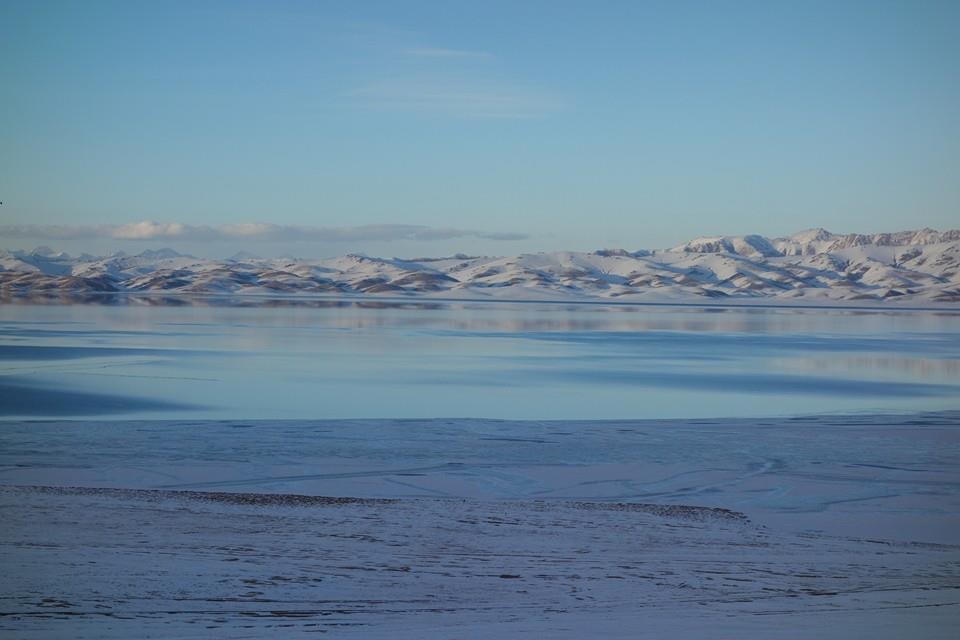The classical Borel–Weil theorem is a foundational result in geometric representation theory which realises each irreducible representation of a complex semisimple Lie algebra g as the space of holomorphic sections of a line bundle over a flag manifold. I will give a noncommutative generalisation of the Borel–Weil theorem for the Heckenberger–Kolb calculi of the irreducible quantum flag manifolds. The proof is formulated in terms of quantum principal bundles, and the recently introduced notion of a principal pair, and uses the Heckenberger and Kolb first-order differential calculus for the quantum Possion homogeneous spaces O_q(G/L^s_S).
This talk is based on a joint work with Díaz García and Ó Buachalla
This talk is based on a joint work with Díaz García and Ó Buachalla


